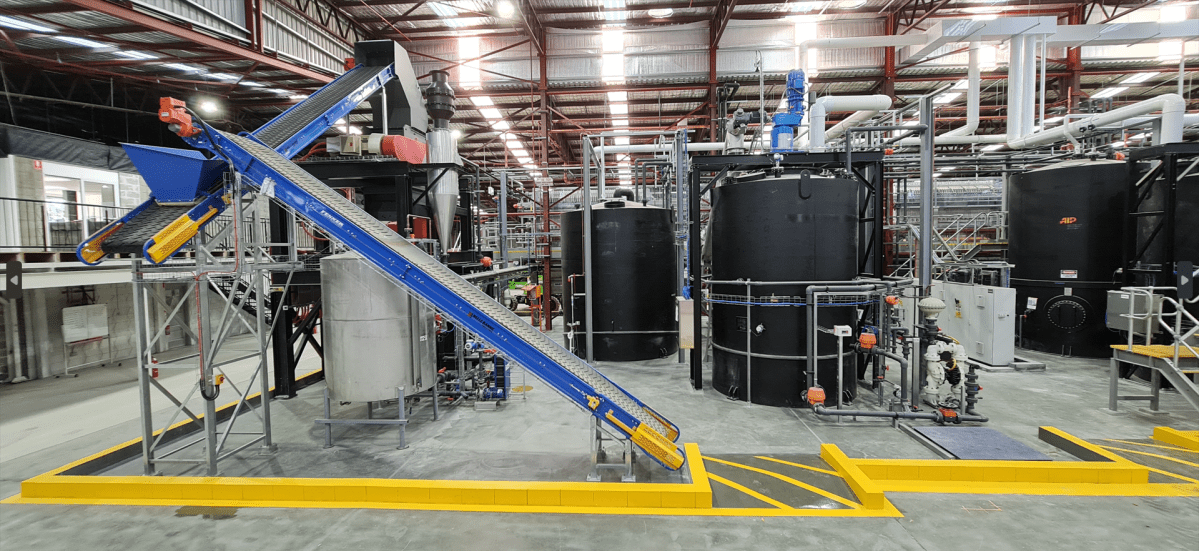Mint Innovations has raised $55 million ($NZ 60 million) to extract gold and copper from old phones and laptops.
The Series C round was led by Liverpool Partners through the Inspire Impact fund. The fresh capital will be used to deploy their proven technology to locations around the world following the completion of its world-first commercial scale ‘circular mining’ facility in Sydney.
The promise of a circular economy of green metals has long been debated, but few were able to bring sufficient scale to make minerals extracted from e-waste cost-competitive with virgin metals.
“With e-waste projected to double by 2050 it’s clear we need better ways to recover the valuable materials within and avoid landfill, dumping and incineration.” says Katharine Walters, Chief Impact Officer at Inspire Impact.
“We were attracted to Mint’s locally-focused, efficient low carbon technology, and are excited to be part of Mint’s journey in scaling their impact.”
The company uses innovative forms of natural biomass and smart chemistry to extract metals, but to also do it in a local way. The development of modular facilities allows the metals to be extracted close to home, to reduce carbon from shipping waste long distances.
“It’s a growing issue with over 17% of the 53.6 million tons of e-waste produced around the world is properly recycled, according to the Global E-waste Monitor, 2020. This discarded technology not only contains valuable metals needed in a range of everyday commodities, but it also contains toxins that can be harmful to local communities – a humanitarian issue.” The company says in a statement.
Mint was founded by Dr Will Barker, who previously worked at US carbon recycling technology player LanzaTech.
While the company was founded in New Zealand, it chose Sydney for the site of its first facility due to its density of e-waste and population size. It will start accepting e-waste next month with revenue soon to follow.
It’s said to be capable of processing some 4000 tonnes of e-waste each year.
Lead investors, Inspire Impact, were joined by New Zealand venture capital fund Movac, Icehouse Ventures and Stephen Tindall’s KW1W.

